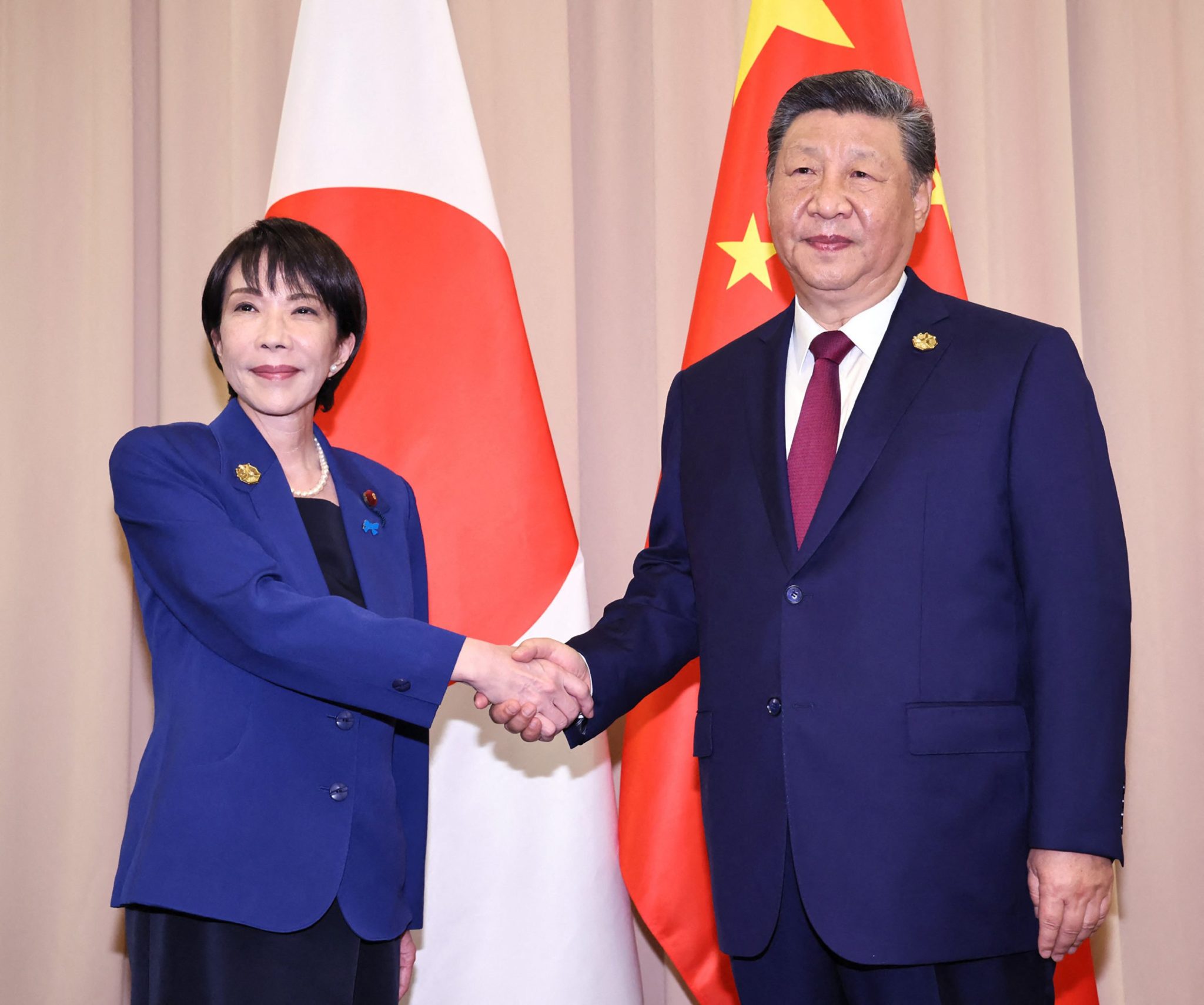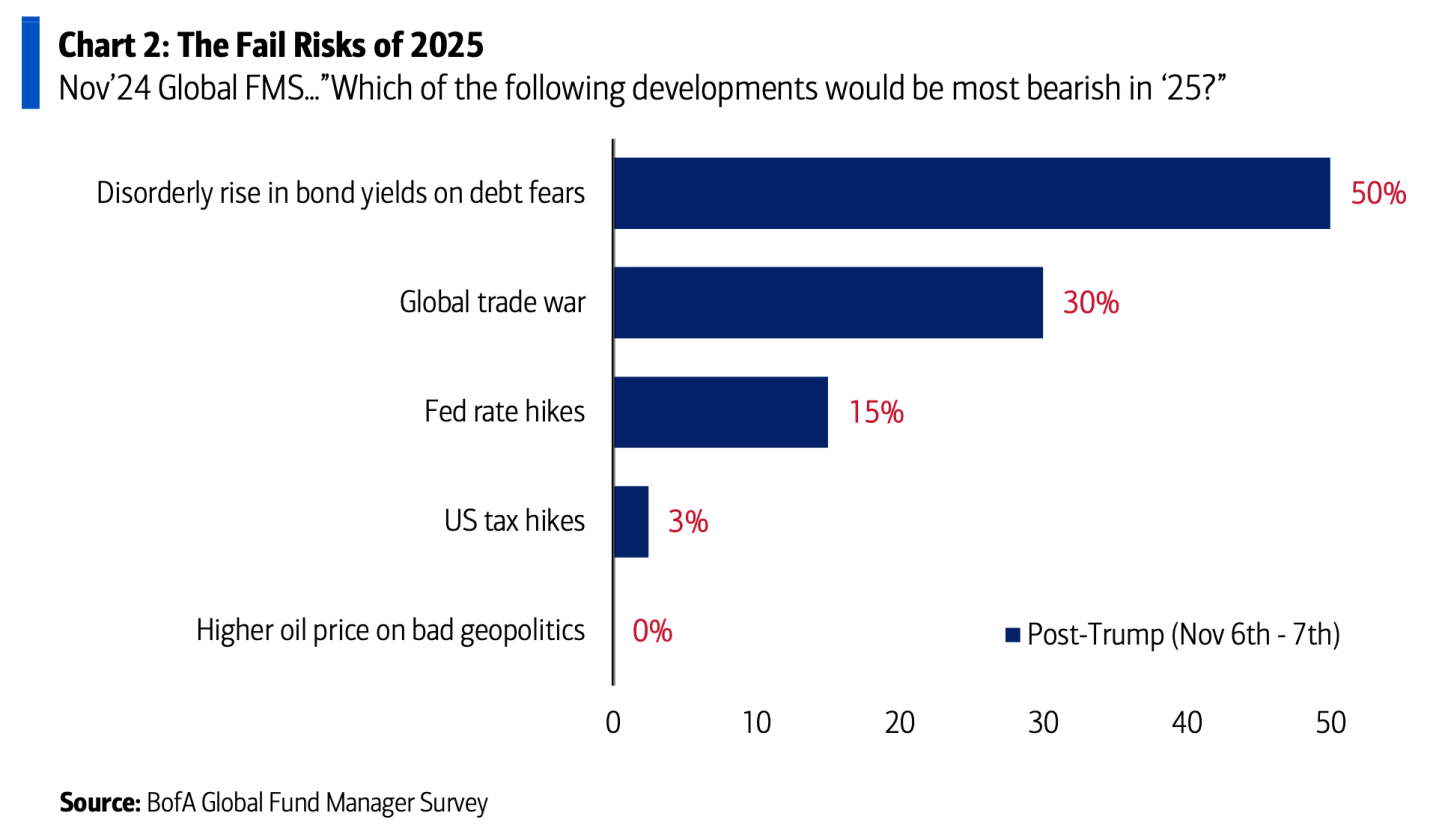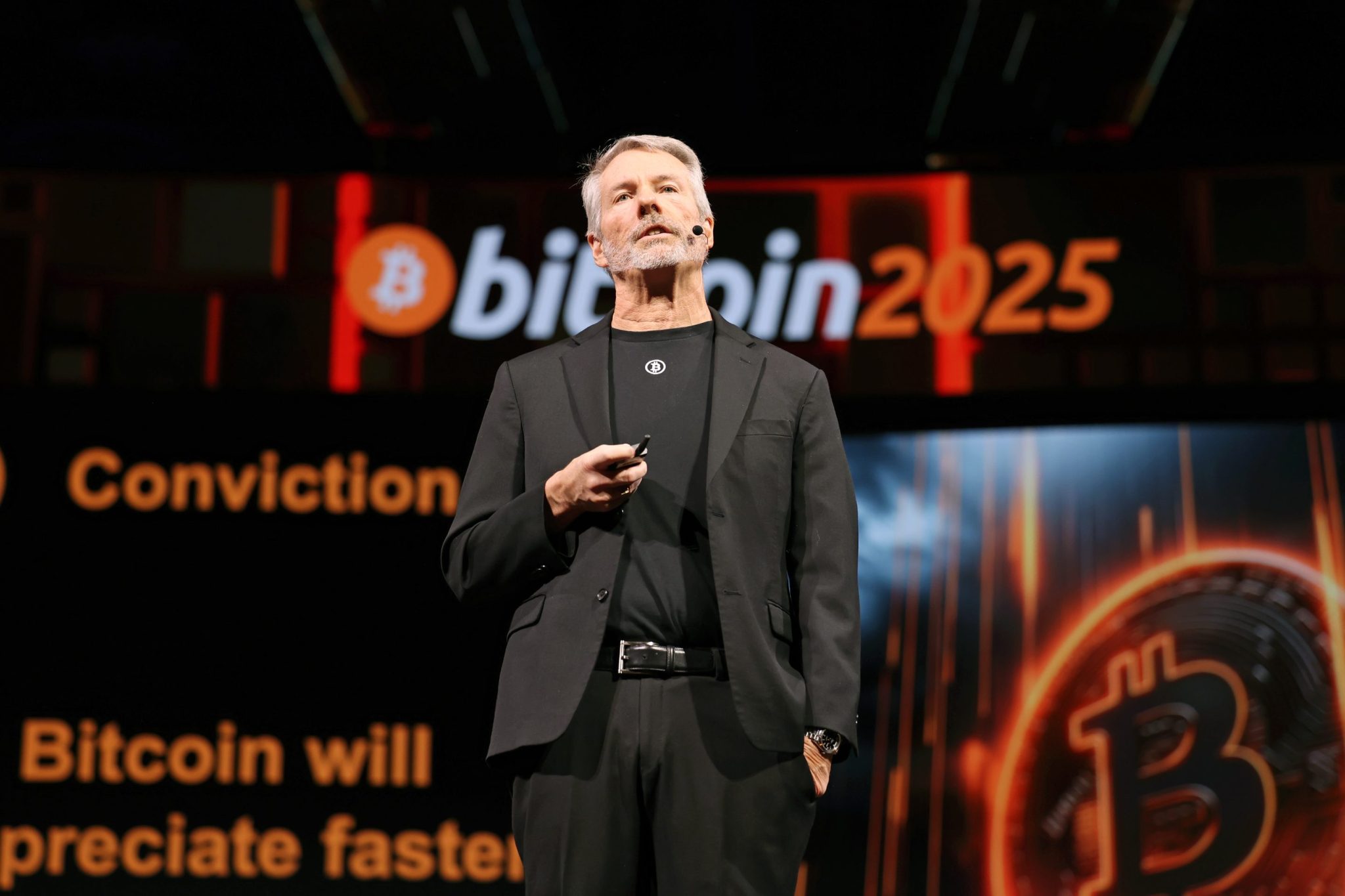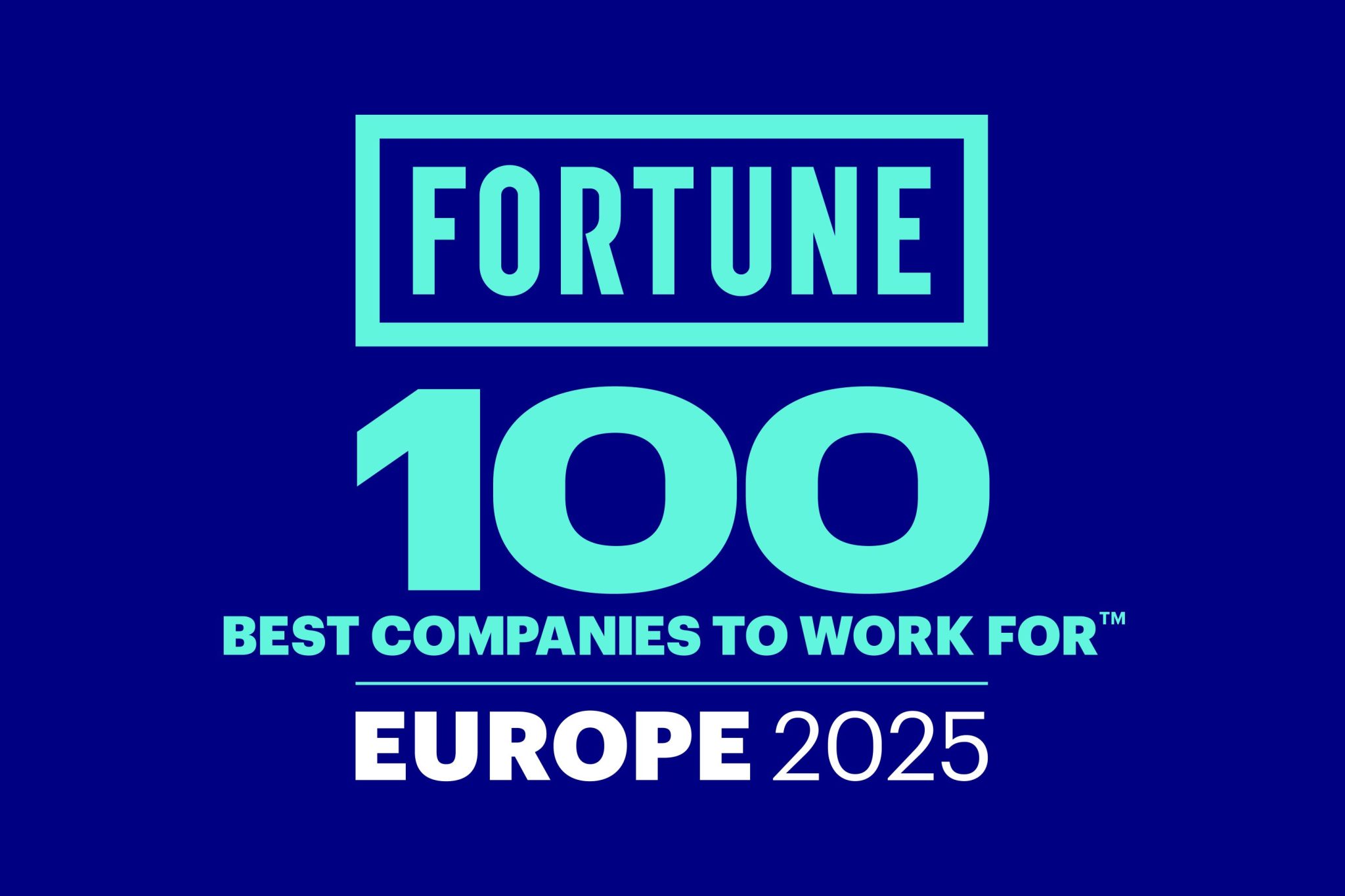
The stock market is not the economy—just look at what’s happening in Japan.
Japan’s equity markets broke a record on Thursday, when the Nikkei 225 closed at 39,098.68. It’s not just an all-time high, but an important psychological threshold: The original record was set all the way back on Dec. 29, 1989, near the peak of the country’s bubble economy.
Japan’s market crashed soon after, dropping by 60% in just a few years. The economy went into an extended slump, leading to what’s been termed the “Lost Decade” as the country’s growth lagged other developed economies, a phenomenon that even became known as “Japanification.”
Yet despite the recent bull run in Japan’s markets, the country’s other economic data doesn’t look quite so rosy. Japan slipped into a technical recession last quarter, after its economy shrank by 0.4% at an annualized rate, which means that it had two straight quarters of declining GDP, regardless of whether economists officially dub it a recession. It also slipped a spot in the global GDP rankings, falling into fourth place behind Germany in dollar terms.
The country faces an array of economic challenges. A weak yen is making Japanese imports more expensive, hurting Japanese consumers and companies that rely on foreign energy, food, and other goods. Japan’s population has also shrunk for 14 years straight, reporting its steepest decline last year.
But investors don’t seem to care, as strong earnings and a revived focus on corporate governance are encouraging foreign investors like Warren Buffett to pile funds into the Japanese markets. Fortune looked under the hood at the Japanese version of the split between Wall Street and Main Street and found that “not that bad” can be very good indeed. A developed economy like Japan’s isn’t going to always grow like crazy, and that’s more than okay.
Why are Japan’s markets doing so well?
Japan’s return to record highs is really making up for lost time “after a long, quite lethargic performance,” Louis Kuijs, the chief Asia-Pacific economist for S&P Global Ratings, said to Fortune last week.
Last month, Toyota Motor set a record for the highest market valuation for a Japanese company when it reached a valuation of 48.7 trillion yen ($323.5 billion), surpassing the record set by Japanese telecoms company NTT back in 1987.
Toyota is worth 57.5 trillion yen, or $381.6 billion, today. NTT, by comparison, is worth just 16.4 trillion yen ($108.6 billion).
Foreign investors keep on pumping money into the Japanese stock market, injecting a net $14 billion in January alone, according to the New York Times, citing Japan Exchange Group.
One reason for investor optimism over Japan is a stronger corporate sector. Earnings for the last quarter of 2023 were 45% higher year-on-year, according to Goldman Sachs analysts. That’s partly due to the weak yen, which makes Japanese exports from companies like Toyota cheaper overseas.
Japanese markets are also pushing the country’s sprawling conglomerates, known as keiretsu, to streamline their complicated organizational structure.
“Anyone who has seen a typical keiretsu corporate structure will understand—it looks like a bowl of ramen noodles,” Herald van der Linde, HSBC’s chief Asia equity strategist, wrote in late January. “These complex corporate structures often come with extra seasonings—weak return on capital, low pay-outs, and fewer share buybacks.”
That lack of dynamism is reflected on Fortune’s Global 500 list, which ranks the largest companies in the world by revenue. Japan’s presence on the list, which has shrunk significantly since the ranking’s inception in 1995, does not include the country’s version of Meta, Tesla or Alibaba. The most recent Japanese company to join the list, Toyota Tsusho, has been a Global 500 company for 15 years, just under half the list’s existence.
But that’s changing. “Dynamism is returning to the Japanese economy,” Morgan Stanley analysts wrote in a research note earlier this week. “Corporates are witnessing record profits and changing their pricing behavior, as well as innovating new strategies to grow,” they continue.
Tokyo’s stock exchange is also doing its part. Last year, the exchange asked companies to do more to improve profitability and valuations, and started to scrutinize the close relationships between parent companies, subsidiaries, and other cross-holdings.
In January, Tokyo’s exchange said it would start listing companies that disclosed plans to improve capital efficiency in a “name and shame” strategy. The exchange has also proposed that companies that don’t shape up could be delisted by 2026.
What about Japan’s economy?
But while the corporate sector looks optimistic, other parts of Japan’s economy look shakier. Private consumption dropped by 0.2% in the final quarter of 2023, compared to the previous quarter. Business investment also dropped by 0.1% over the same period.
Japan’s shrinking population also poses a major economic challenge in the long term. The country’s median age is 49.1 years, compared to 38.1 in the U.S. Japan will soon need to rely on a smaller number of working-age people to support a growing elderly population. Tokyo has deemed the issue “a challenge that cannot be postponed,” but current policies have yet to reverse the decline.
Yet economists are cautiously optimistic that Japan might be able to reverse long-running deflation—and become more of a normal economy again. Analysts point to rising wages amid a tighter labor market, with major companies like Toyota, Nintendo and Uniqlo-owner Fast Retailing hiking pay last year.
Many economists, before Japan released preliminary economic data last week, expected that the Bank of Japan would raise interest rates in April—the first hike since 2007.
The surprise recession might affect that schedule. “The recent GDP growth numbers are definitely a bit of a setback for the prospect of interest rates going up,” Kuijs suggested.
Yet “if things work well, we could be on a path towards more sustained wage growth in the labor market, underpinning more normal inflation and therefore a more normalized monetary policy,” he continued.
The economist also noted that, for all the negative headlines on Japan over the past few decades, its economic data is “not that bad,” pointing to real GDP growth per capita and productivity per working hour per person in particular. And, in the end, observers should be realistic about what a mature economy can do.
“Don’t expect much more than 1% real GDP growth in the long run,” Kuijs said.
Credit: Source link















